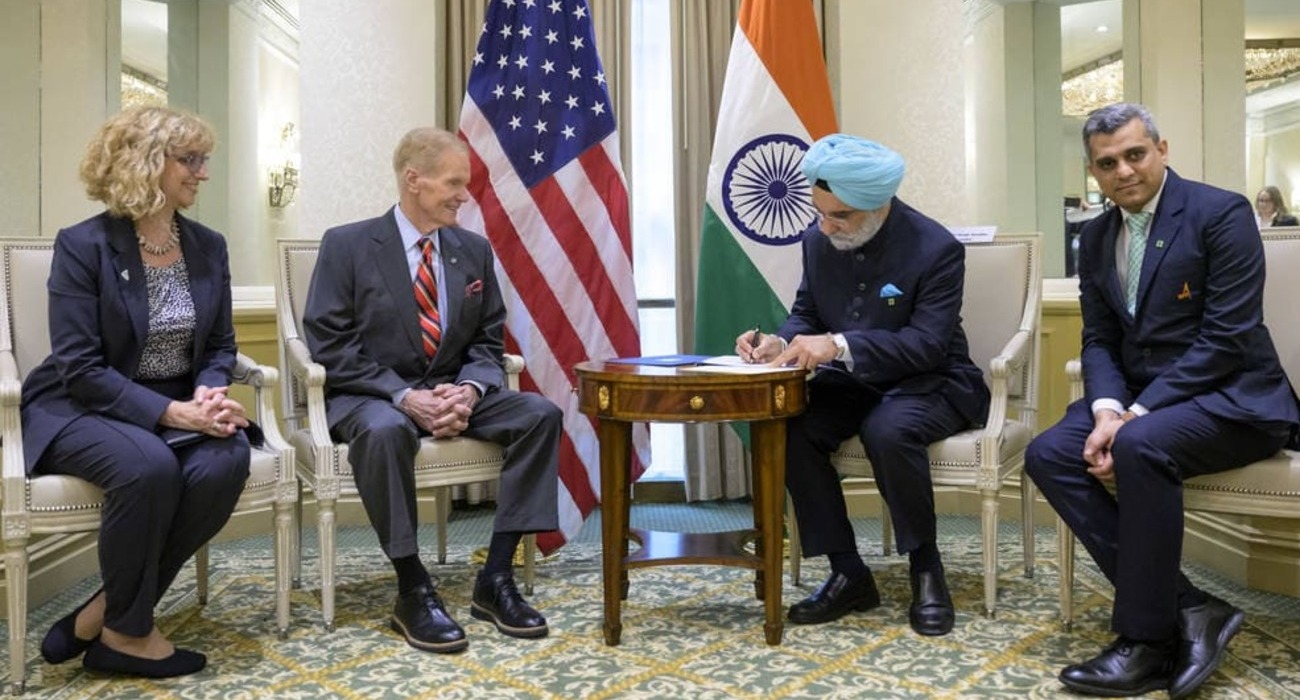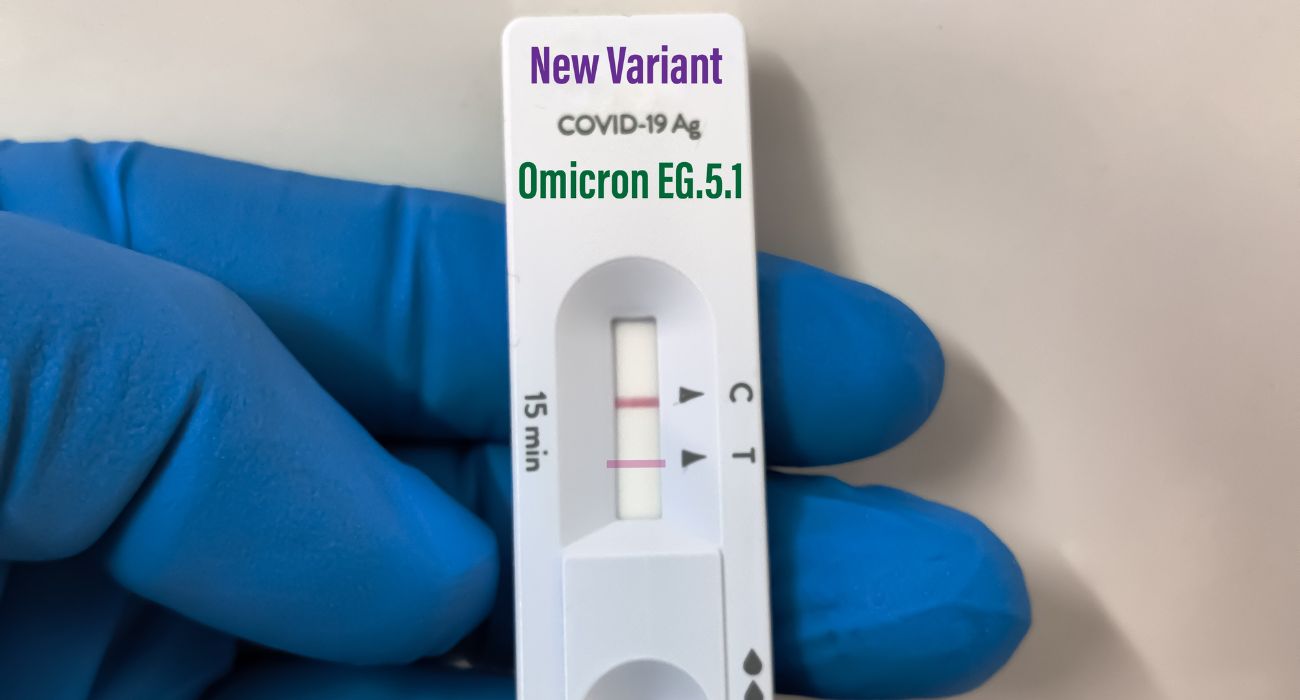India’s space exploration industry has become one of the most advanced in the world and will continue to grow after a decision to sign the Artemis Accords during Indian Prime Minister Narendra Modi’s visit to the U.S.
As part of the diplomatic visit, Taranjit Sandhu, Indian ambassador to the United States, met with NASA Administrator Bill Nelson; Nancy Jackson, deputy assistant secretary for India for the U.S. Department of State; and Krunal Joshi, Indian Space Research Organisation (ISRO) space counselor. They signed the Artemis Accords, NASA said in a press release.
India was the 27th signatory to the accords, which “establish a practical set of principles to guide space exploration cooperation among nations, including those participating in NASA’s Artemis program,” which has as its goal exploring a greater portion of the lunar surface than has ever been done before.
“We are very pleased to grow our partnership with India here on Earth and in space,” Nelson said.
After the signing, President Joe Biden and Modi issued a joint statement in which they “called for enhanced commercial collaboration between the U.S. and Indian private sectors in the entire value chain of the space economy and to address export controls and facilitate technology transfer.”
Collaboration between the U.S. and India can benefit each country as they attempt to grow their technologies and understanding of space.
Mike Gold, chief growth officer at Redwire Space, spoke about the benefits that each space program will experience.
“By joining Artemis, India will be catapulted to the forefront of human space exploration, enjoying the benefits of the technologies and capabilities that will be developed through this singular journey of discovery,” he said, per SpaceNews. “Conversely, the Artemis program will benefit greatly from the India’s extraordinary capacity to innovate and conduct ambitious activities in an affordable fashion.”
The U.S. and India said they hope to use space programs to learn and move forward.
“NASA will provide advanced training to Indian Space Research Organization (ISRO) astronauts with the goal of launching a joint effort to the International Space Station in 2024,” stated a fact sheet released by The White House.
The U.S. and India have a history of collaboration in the space exploration industry, and the relationship has continued to grow in the last year.
India has more than 140 registered space-tech start-ups, a major increase from the five that were registered before the pandemic, per The New York Times.
Investments in new start-up space exploration companies have doubled or tripled annually for multiple years in India, leading to new space start-ups collecting $120 million in new investments in the last year, the newspaper also reported.






